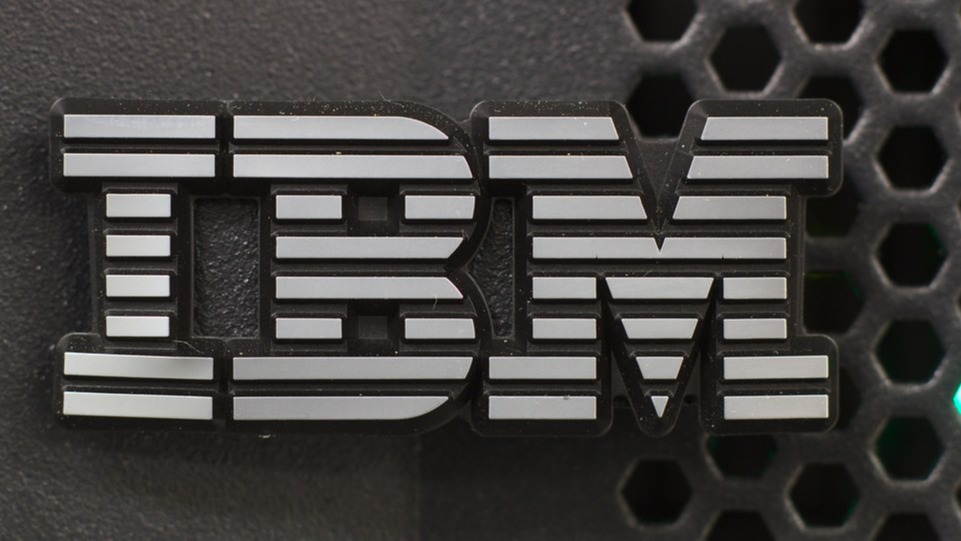HateAid and The European Union of Jewish Students (EUJS) have filed a lawsuit against Twitter for failing to remove a series of antisemitic Tweets, some of which denied the holocaust.
The lawsuit says that six antisemitic comments, made after Elon Musk bought Twitter, were not taken down from the platform despite being reported to the social media giant.
In one case relating to holocaust denial, which is illegal along with any form of antisemitism in Germany, the lawsuit claims that Twitter had “explicitly refused” to take down the content.
The organisations behind the legal action say that this goes against Twitter’s rules and policies, which assure that it will not tolerate "hatred and violence".
The legal action comes after a report by the Center for Countering Digital Hate found that the removal of antisemitic statements that were reported to social media platforms was "insufficient".
The investigation revealed that 84 percent of posts containing antisemitic hate were not reviewed by the platforms. According to the survey, Twitter took action in only 11 per cent of the cases.
“By allowing hateful content to spread, the company fails to protect users, and Jews in particular,” said Avital Grinberg, who, in her capacity as President of EUJS, is filing the complaint. “What starts online, does not end there.”
Grinberg said that remembrance of the holocaust should not be expressed just through emotion but also through “clear positions, resolute actions and protective laws”.
HateAid and the EUJS say that the "landmark case" will provide clarification about whether users have a legal claim to enforce Twitters these rules as part of their contract with social networks.
“We’ve put the control over the public discourse on the internet into the hands of private companies and investors," said Josephine Ballon, head of legal, HateAid. "Twitter assures it won’t tolerate violence on its platform. Users have to be able to rely on that."
In 2021, an organisation which partnered with Twitter to tackle antisemitism accused the social media company of inaction against anti-Jewish hate on its platform.
The campaign submitted material for review on a regular basis and also summarised antisemitic material in monthly reports across a three-month period.
During that time, it submitted a selection of 1,000 antisemitic tweets to Twitter incorporating classic antisemitic tropes, Holocaust denial and anti-Jewish incitement.
But the organisation said that 60 per cent of the tweets it submitted were not deemed to have breached Twitter policies on hate, despite being the same or similar to the 40 per cent that were identified as breaking the rules.
Latest News
-
Amazon considers largest contribution to OpenAI's $100bn fundraising round
-
Google agrees to pay $135m over Android data collection claims
-
UK government to launch centre for AI measurement
-
HSBC rolls out new tax tool for sole traders as digital rules approach
-
Lloyds Banking Group doubles AI value target to £100m in 2026
-
Tesla to end Model S and Model X production as Musk shifts focus to robotics
The future-ready CFO: Driving strategic growth and innovation
This National Technology News webinar sponsored by Sage will explore how CFOs can leverage their unique blend of financial acumen, technological savvy, and strategic mindset to foster cross-functional collaboration and shape overall company direction. Attendees will gain insights into breaking down operational silos, aligning goals across departments like IT, operations, HR, and marketing, and utilising technology to enable real-time data sharing and visibility.
The corporate roadmap to payment excellence: Keeping pace with emerging trends to maximise growth opportunities
In today's rapidly evolving finance and accounting landscape, one of the biggest challenges organisations face is attracting and retaining top talent. As automation and AI revolutionise the profession, finance teams require new skillsets centred on analysis, collaboration, and strategic thinking to drive sustainable competitive advantage.
© 2019 Perspective Publishing Privacy & Cookies









Recent Stories